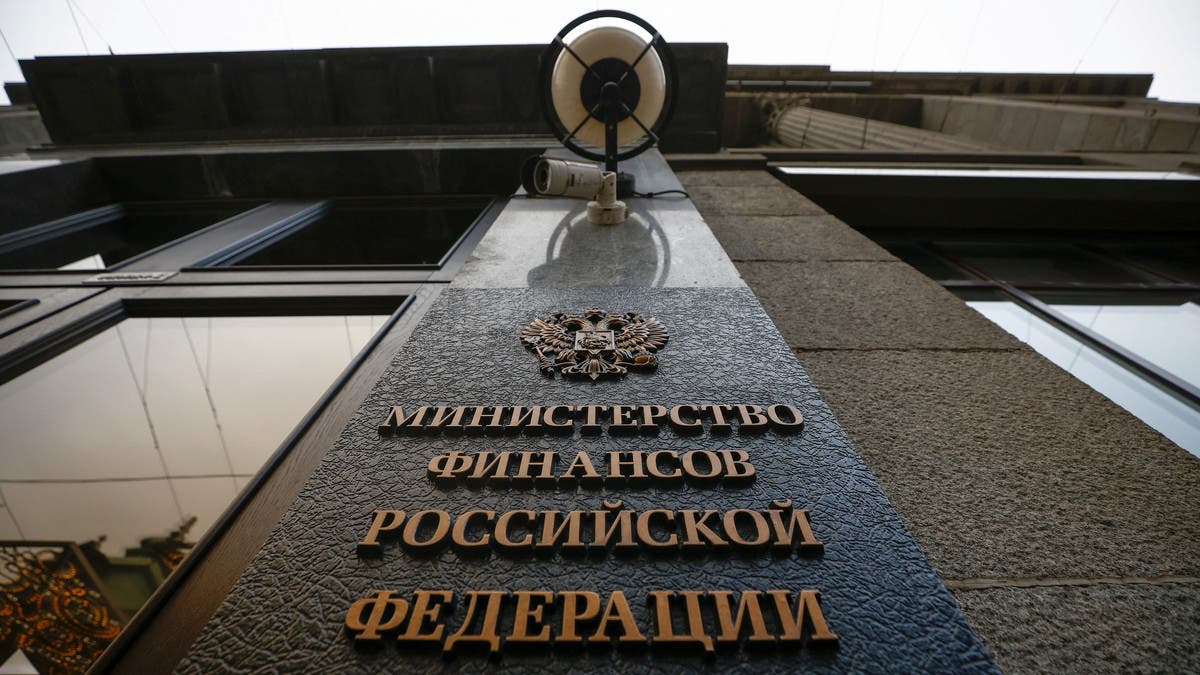The US Treasury halted dollar debt payments from Russian government accounts at US banks, increasing pressure on Moscow to find alternative funding sources to pay bond investors and avoid a default.
The decision adds another complication to Russia’s attempts to keep meeting debt obligations amid the sanctions imposed after it invaded Ukraine. While the government is so far making payments, some have been delayed by banks doing lengthy checks that they aren’t breaching any restrictions.
For the latest headlines, follow our Google News channel online or via the app.
The latest measure follows accusations that Russian troops massacred civilians in Bucha and other Ukrainian towns, news that’s shocked the world and pushed governments to consider a tougher response. European countries will discuss the possibility of extending sanctions to Russia’s oil and coal sectors.
The European Union has up to now avoided restrictions that would affect energy flows to the region. But member states are divided on the issue, as payments for oil and gas are helping Russia finance its war. Energy exports are set to hand President Vladimir Putin a $321 billion windfall this year if the commodities continue flowing.
The US announcement is intended to force Russia into either draining its domestic dollar reserves or spending new revenue to make bond payments, or else go into default, according to a spokesperson for the Treasury’s Office of Foreign Assets Control, who discussed details on condition of anonymity.
This “increases the risk of default, not because of lack of money,” said Lutz Roehmeyer, chief investment officer at Berlin-based Capitulum Asset Management. “The new sanction will cause technical issues with regard to the settlement systems, so it is now an open question how Russia will construct the payment routes.”
Despite warnings from credit-rating companies and others, Putin’s government has so far stayed current on its foreign debt obligations.
A once-$2-billion-dollar bond that matured Monday served as the most recent stress test, though Russia was able to buy back about three-quarters of the outstanding amount in rubles before the note came due.
Yet the latest US move will intensify scrutiny on its ability to pay back the remainder of that debt. That payment, plus a coupon on a 2042 bond also due Monday, haven’t yet received Treasury authorization to be processed by correspondent bank JPMorgan, Reuters reported Tuesday.
Russia’s dollar bonds, which were already trading well into distressed territory, fell on Tuesday. The 2042 declined 7 points to about 28 cents on the dollar, according to CBBT pricing.
The US action also sharpens the focus on payments due May 27 for interest owed on sovereign dollar and euro notes due in 2026 and 2036. They come two days after previously announced exemptions are set to run out on May 25.
That carve-out has allowed overseas and US investors so far to receive payments on Russian foreign-currency debt, even as the restrictions complicate the process.
Richard Briggs, a money manager at GAM Holdings in London, said the latest move makes sovereign payments “more challenging, but the exemption means they’re still possible.”
“That being said, it’s fast moving, and they could change those restrictions and effectively force a default earlier,” he added.
Russia had foreign-currency and gold reserves of about $604 billion as of March 25. Still, that’s the lowest since August and is down $38.8 billion from a February peak, underscoring the drain since Russia began the invasion.
Russia has been working in recent years to remove the dollar’s hold over its economy and financial markets, which means it’s hacked its holdings of US Treasuries and taken dollar assets from its sovereign wealth fund.
Read more:
Red Cross says detained team held near Mariupol ‘released’
Russia says Ukraine’s special services staged alleged killing of civilians
Russian strikes hit east Ukraine city of Kramatorsk

 World2 years ago
World2 years ago
 World2 years ago
World2 years ago
 Entertainment7 years ago
Entertainment7 years ago
 World7 years ago
World7 years ago
 Entertainment7 years ago
Entertainment7 years ago






